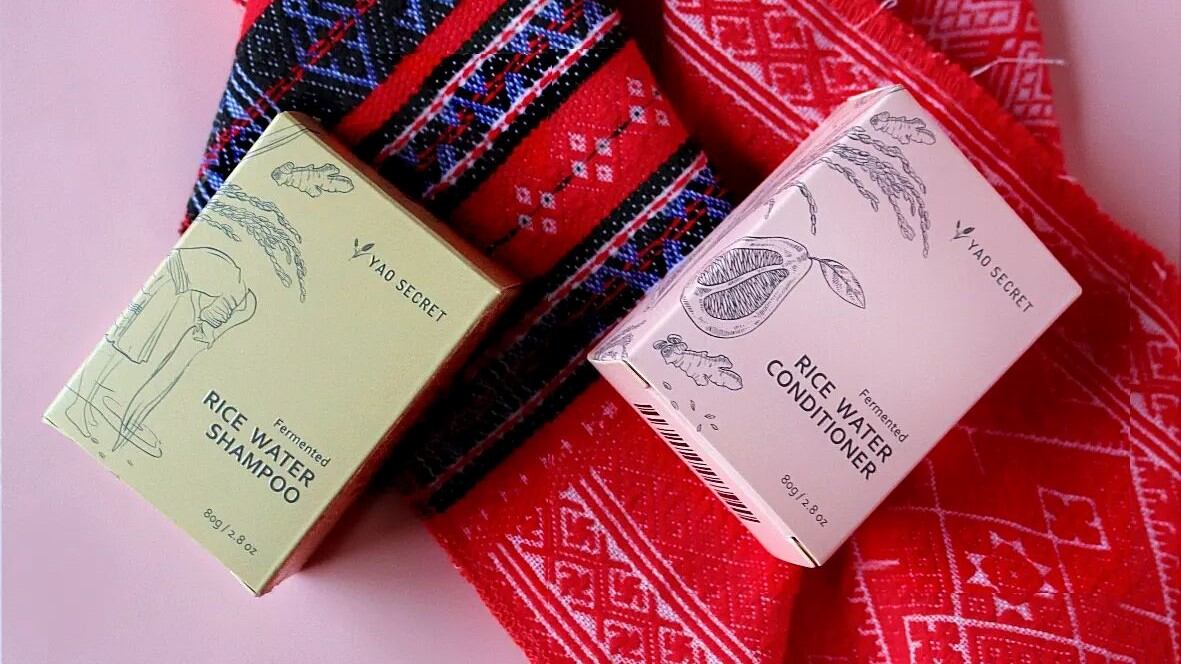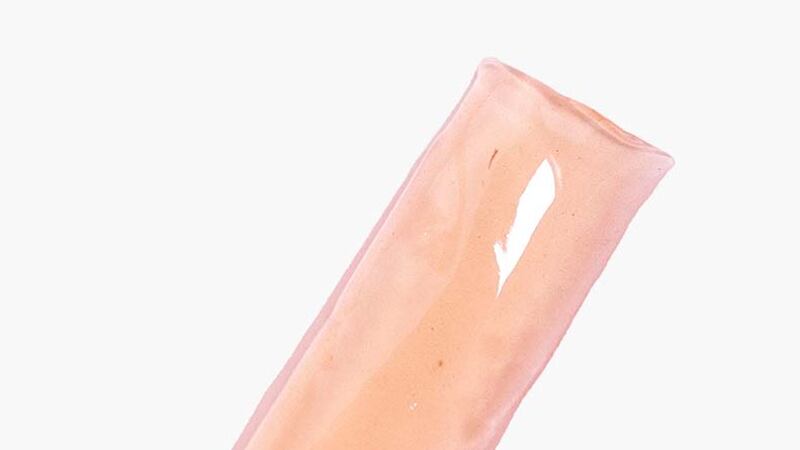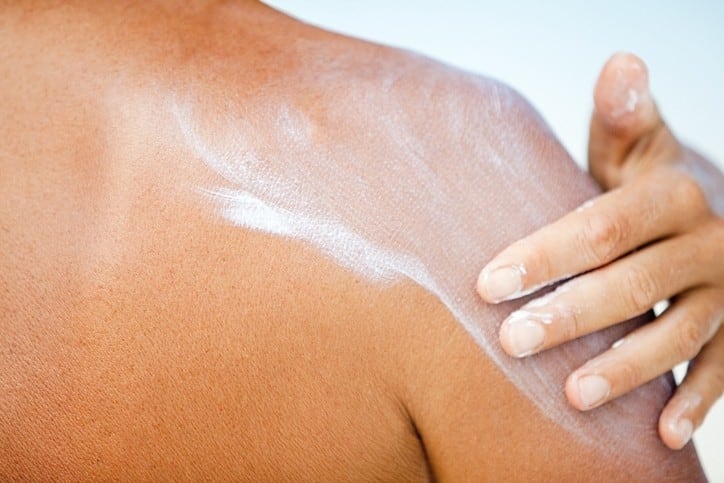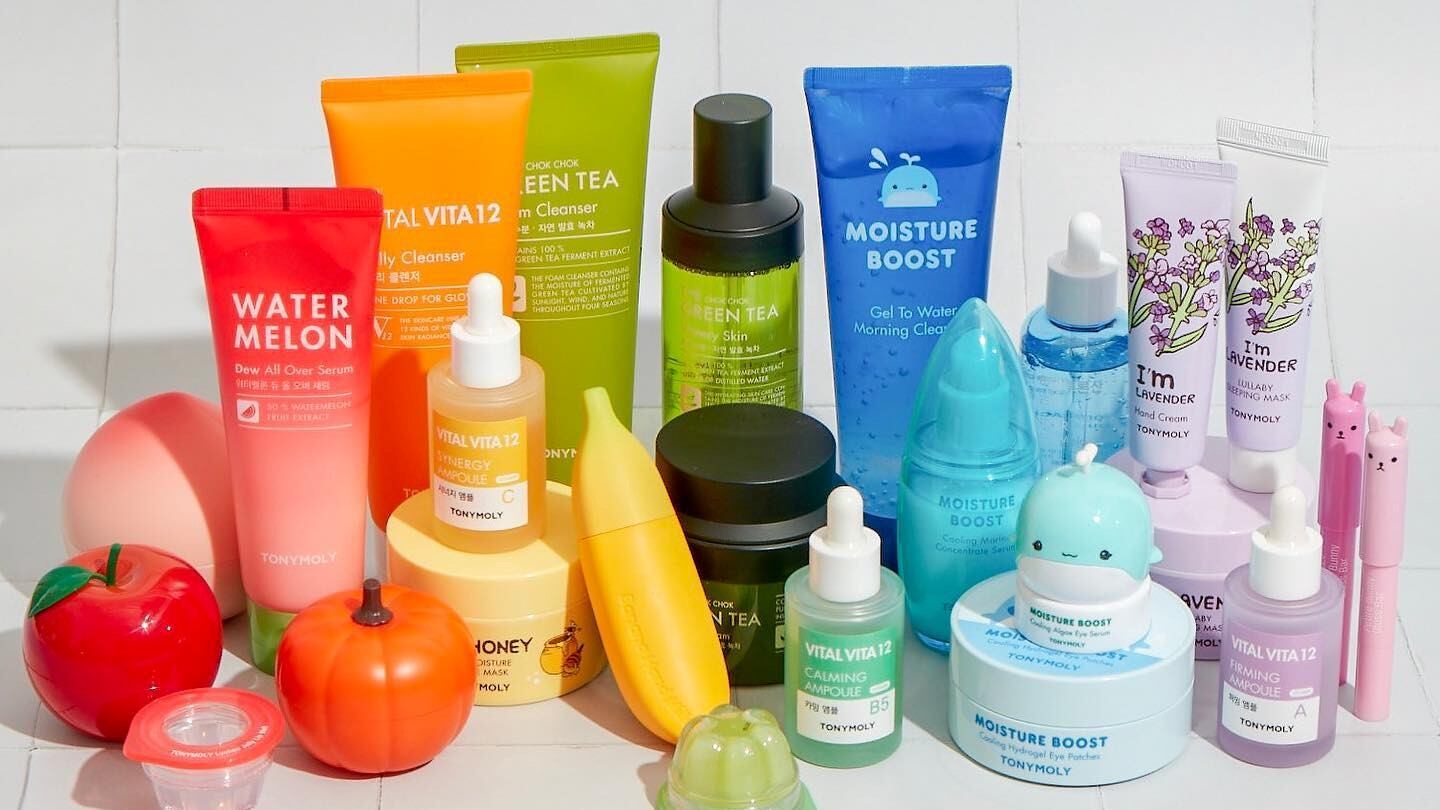The women of the Red Yao tribe are known for their lustrous black long hair, which they maintain with a traditional beauty routine – washing their hair with fermented rice water.
Guangzhou-based start-up, Yao Secret, was founded in 2021 by a Chinese and British duo, Xim Jiao and Nadine Katherine.
The pair saw an opportunity to develop a range of eco-friendly solid hair care products using the fermented rice water as the hero ingredient.
“Based on our research, we realised that there is a big market for like shampoo bars. A lot of people are just realising that shampoo bars are easier to care to carry with you and, it's better for the environment,” says Jiao, who has a background in e-commerce and marketing.
The products went through a few iterations before getting the thumbs up from the Red Yao women.
The company launched with one shampoo bar and one conditioner bar, as well as a range of hair styling tools. Since then, the company has had modest sales, with a bulk of purchases coming from Europe and Australia.
According to Katherine, the brand has resonated with consumers in those markets as eco-consciousness is top of mind and solid beauty products are readily accepted.
Europe and Australia will continue to be key markets for the brand. Presently, it is available primarily through its online store and Amazon.
However, it has plans to move offline, and are in talks with a distributor to enter physical retail in Belgium, Luxembourg, and the Netherlands.
At the same time, it is making headway into Asia through Singapore, where it has launched on Shopee.
According to Jiao, Singapore makes for an ideal launchpad given the low barriers of entry, relative to markets like China.
Furthermore, Katherine noted that Singapore gave her the impression of a green city and believes that consumers are more willing to spend on sustainable products.
The former fashion photographer highlighted that the prevalence of solid beauty products was not as high as Europe or Australia, giving Yao Secret an opportunity to fill the gap.
Lush Cosmetics Singapore had previously told CosmeticsDesign Asia about the potential of waterless beauty products becoming more mainstream in years to come.
A unique ingredient
Yao Secret directly sources the fermented rice water from the Yao tribe and manufactures in Guangzhou. Jiao revealed that there was an attempt to ferment its own rice water but failed even though they followed the instructions of the tribe.
“You can tell that their fermented rice water has a different colour. It’s very white, but if you ferment rice water at home, it would be very dark. I don’t know how they did it – it’s a secret,” said Jiao.
In the next 12 months, one of the brand’s key priorities is increasing brand awareness and consumer education.
It is using its own blog to raise awareness about its hero ingredient, the Yao women, as well as sustainability. It is also leveraging on social media platforms such as Instagram and TikTok.
Jiao said that the Yao community has already had success with Chinese live-streaming platforms, such as Douyin, to trade their home-made products.
The company is also planning to expand the product line-up with a focus on sustainability. Future products will maintain the solid format to reduce reliance on plastic or glass packaging materials.
The product development will also be informed by the ‘skinification’ of hair care, added Katherine. “Scalp care is the new skin care.”
Moving forward, Jiao said Yao Secret’s long-term ambition is to support the Yao community:
“We work directly with them. We source everything from them. We want to create more stay-at-home jobs. We also want to help the local kids with their education. If you're living in mountains, it will take you like, an hour, an hour, and a half to drive depending on the traffic. We want to create jobs for the women so they can support their family.”




